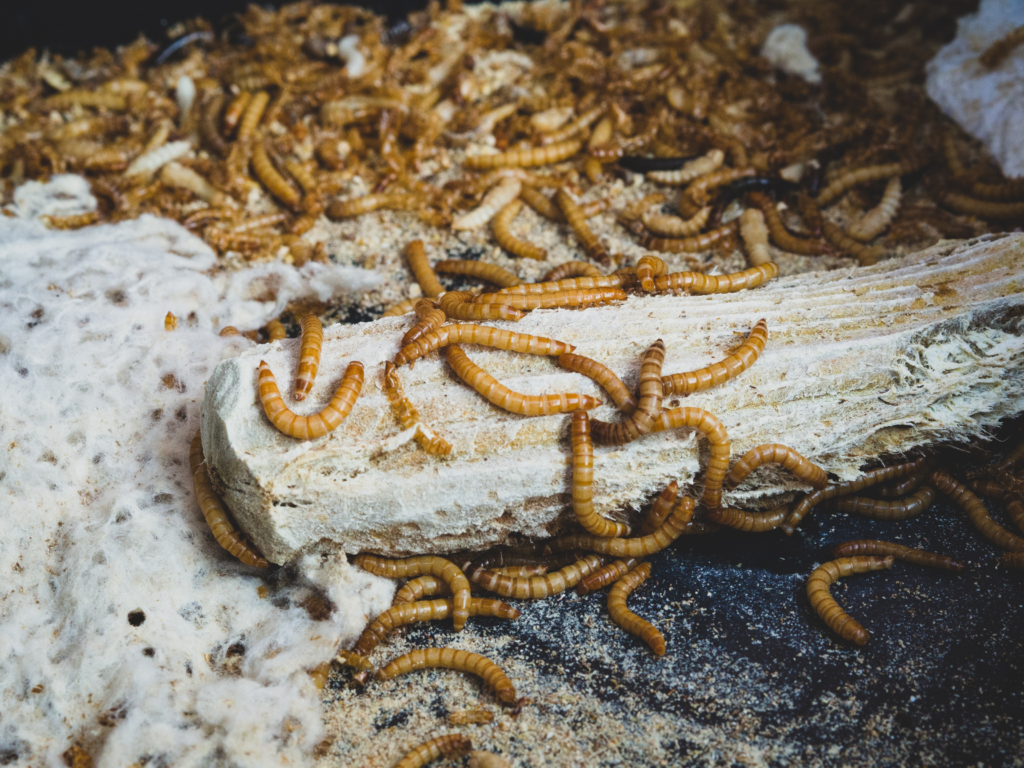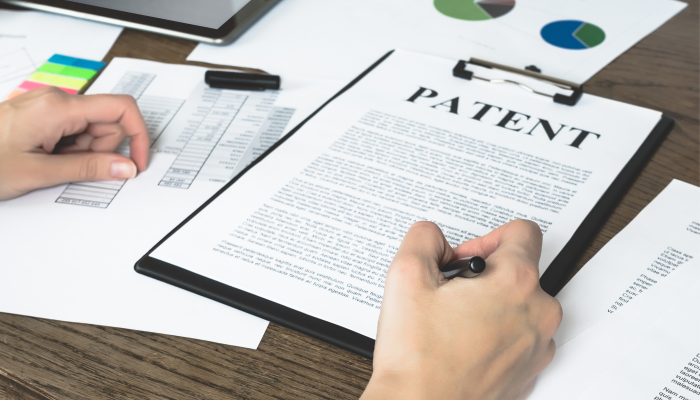
The pilot project BIOPROINSECT, which has a total grant of nearly €150,000 (75% co-funded by EAFRD), will develop an innovative system which, through a protease enzymatic treatment, will allow separating chitin from the other components of the insect. Thus, three economically high-valued products such as high-quality proteins, fatty acids and chitin will be obtained through an efficient and sustainable process.
Led by the Galician firm Galinsect, BIOPROINSECT is also comprised by FEUGA and the University of Vigo, through the Research Group BiotecnIA.
In the last few years, the demand for high nutritional value products, such as protein-enriched food, has increased significantly. In the case of protein ingredients, a 9.7% demand increase until 2027 is expected (the global market is currently $40 billion). The agri-food sector is seeking new protein sources, particularly, insects.
In January 2021, the European Food Safety Authority (EFSA) published the first complete assessment on insects as food for humans, concluding that mealworms (larvae of Tenebrio molitor) do not entail any health risk. Five months later, the Regulation (UE) 2021/882 authorised the placing on the market of dried T. molitor larva as a novel food.
Nevertheless, mealworm protein is associated with a structural component, chitin, which is considered an anti-nutrient, for it produces a reduction in the digestibility of the protein of the insect, limiting its potential.
The objective of BIOPROINSECT is to extract the chitin from the other components through a natural and environmentally respectful process. An innovative enzymatic process that will allow splitting the insects into high-quality proteins, fatty acids and chitin derivatives will be developed. On the one hand, the isolated highly digestive and valued proteins will be ideal for nutritional necessities. On the other hand, chitin derivatives will be transformed into compounds with prebiotic, antimicrobial and antioxidant activity, to be used as nutritional supplements and feed preservatives.
This process, just like a biorefinery, is strongly committed to circular economy, as the generated byproducts will be used in the production of enzymes. Moreover, no residues will be generated and no harm caused to the environment.
BIOPROINSECT seeks to modernize and diversify the primary sector through the use of biotechnology to bioprocess insects, in concordance with the RIS3 (Galician Smart Specialization Strategy). Therefore, the Galician agri-food sector’s position as functional foods producer will be strengthened through innovation. At the same time, the generated knowledge will make it possible to diversify rural areas.
BIOPROINSECT is funded by the grants to support pilot projects, develop of new products, processes and technologies in the agri-forestry scope, cofunded by the European Agricultural Fund for the Rural Development (EAFRD), in the framework of the 2014-2020 Galician Rural Development Program (RDP).
BIOPROINSECT is funded by the grants to support pilot projects, develop of new products, processes and technologies in the agri-forestry scope, cofunded by the European Agricultural Fund for the Rural Development (EAFRD), in the framework of the 2014-2020 Galician Rural Development Program (RDP). The Consellería do Medio Rural is the Galician Administration authority responsible for proposing and executing the general guidelines in the rural scope, and it encompasses powers in agriculture, livestock, rural development and regional planning, rural structures, agri-food and forestry industries, mountains and prevention and defence against forest fires.
BUDGET€181,468.56 FUNDINGTotal grant: €150,000.00 – UE cofund: 75% EAFRD





